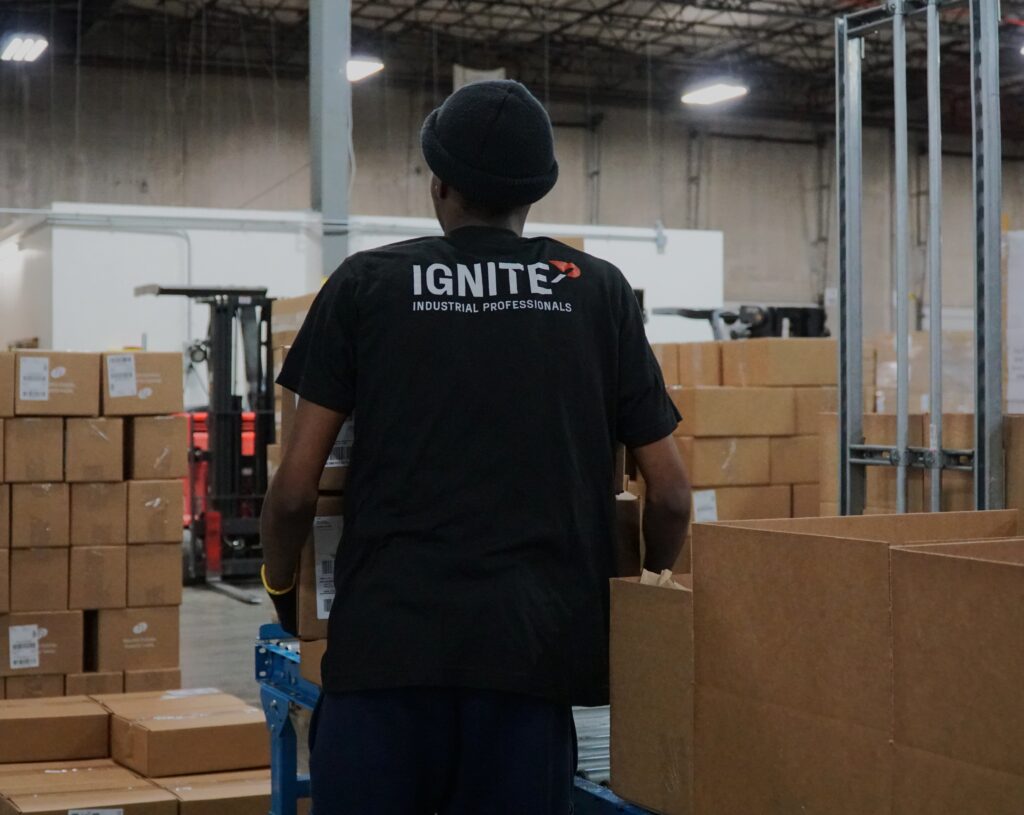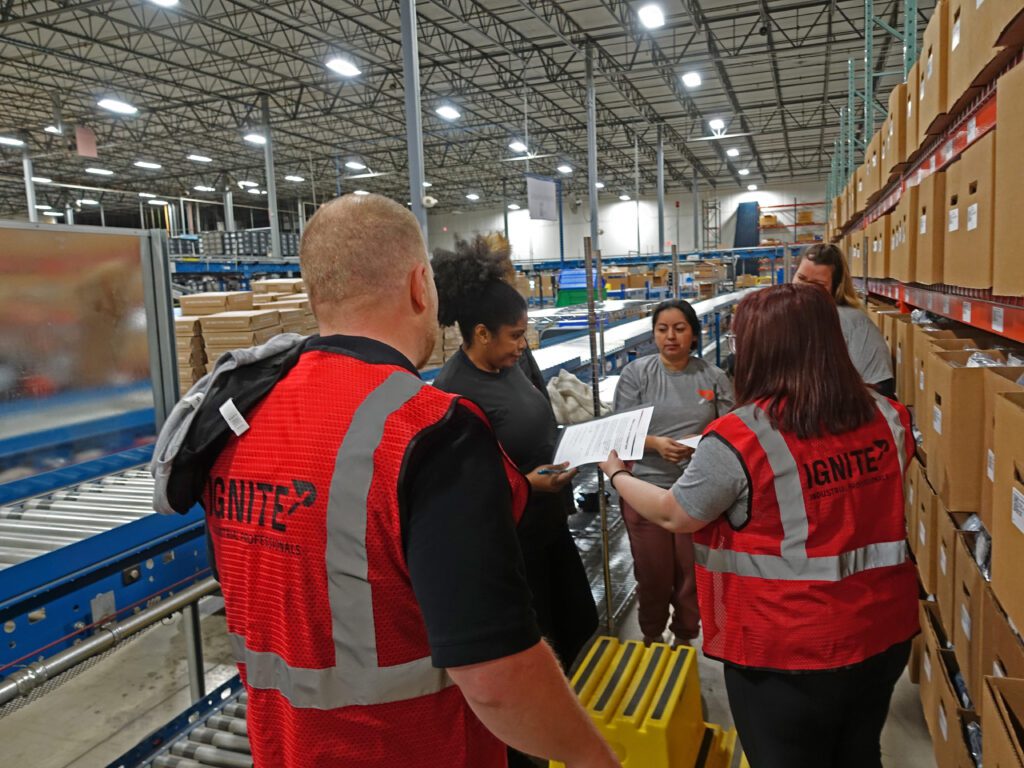It’s no secret that the manufacturing industry continues to struggle with a shortage of highly qualified workers. And this manufacturing skills gap comes with a high price.
According to The Manufacturing Institute, more than 2 million manufacturing jobs will remain open by 2030 – which will cost companies $1 trillion.
So why are more than 70 percent of manufacturing companies struggling in hiring skilled employees? And how can the manufacturing skills gap be addressed.
These are important and challenging questions. Let’s start with the first: Where are all the skilled manufacturing employees?
The COVID-19 pandemic didn’t start this gap but it did shine a light on it. The truth is, there has been a shortage of skilled employees for years and this labor shortage is nothing new. There are many reasons behind the shortage, namely: The demographics of the workforce have changed, with older, skilled workers retiring. Also, many younger workers do not want manufacturing jobs. Also, younger workers are looking for higher pay, more flexibility and work-life balance – and not every manufacturing company has been quick to make those changes.
The pandemic didn’t help either, with more than 1 million jobs lost – setting the industry back by years.
This gap has led to many companies scrambling, and product shortages are still noticeable.
So, what can the manufacturing industry do? The good news is, the industry is in recovery mode. And companies willing to invest time and energy into finding talent will have success.
Companies that invest in training and upskilling opportunities, offer internships and apprenticeships and look to the future by recruiting different populations can find growth.
There is also a need to embrace technology, including automation and AI to stay competitive.
Also, taking a page from other industries, manufacturers who use mentorships to recruit retain talent will be better off, starting with high school students, financial loans and grants and other offerings.
Finally, manufacturers can address the manufacturing skills gap by looking at different types of candidates, often with different skills and methods. Some of this might look like partnerships with organizations that place military veterans or technical or vocational programs, older adults, minorities and women.
This gap is a serious issue, but it isn’t insurmountable. With a fresh perspective and an open mind, it can be overcome!
Ignite Industrial Professionals
Are you a hard worker looking for a new job in the industrial supply chain industry? Or are you an employer looking for hard workers? If you want to learn more about SPARK Flex Platform, contact us today.



